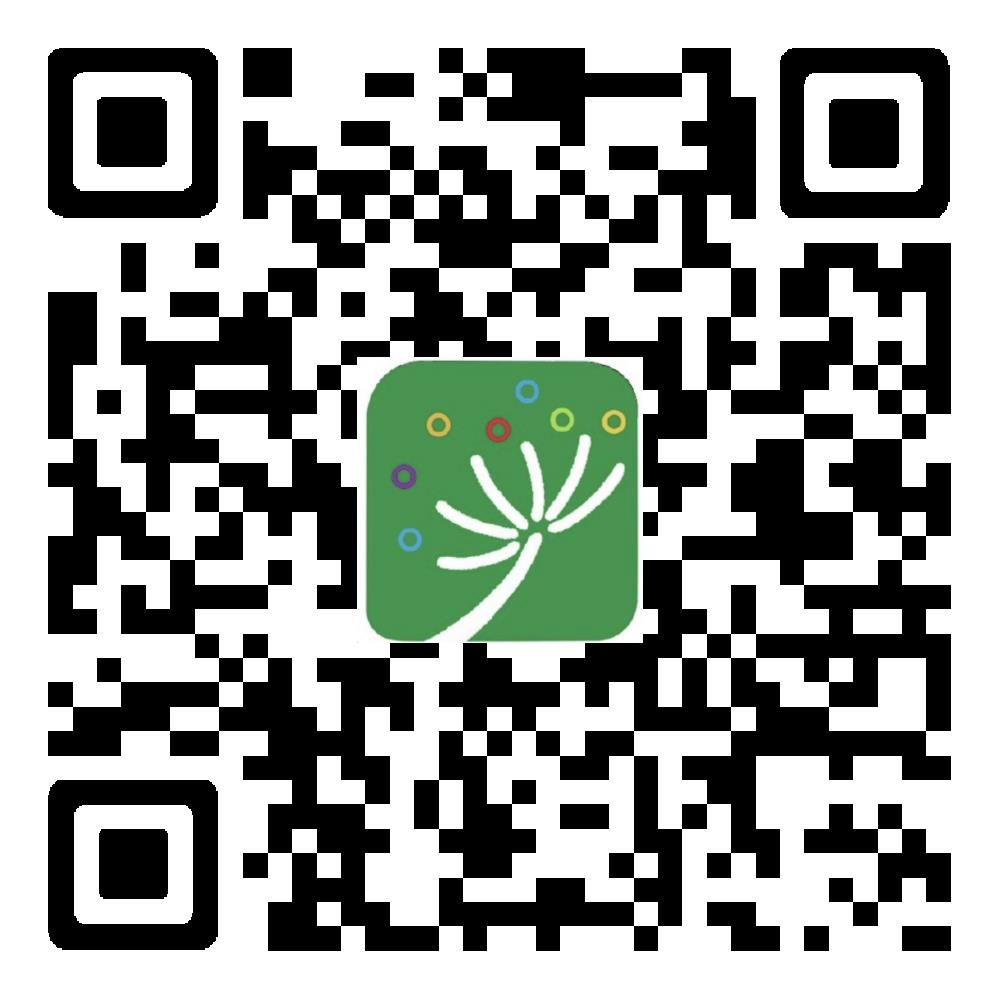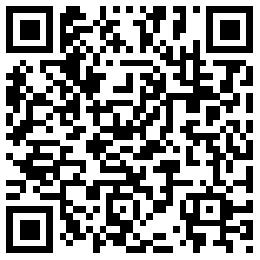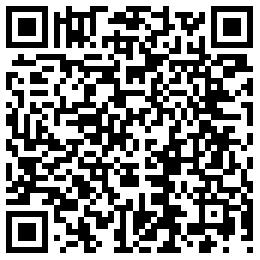During the COVID-19 outbreak in China when the number of suspected cases in Wuhan was rising at an alarming rate, Peking University (PU) sent a total of 427 medical professionals to work on the front line in the fight against the deadly and highly contagious virus. Their bravery, selflessness, and readiness to save others inspired numerous medical students back in Beijing, who also volunteered to help in the battle in their own way.
Online medical consultation team
Rigid training in clinical service and research made the 26 postgraduates in the Division of Infectious Diseases of PU First Hospital, an emerging force in the field. Although they were not yet ready to treat patients directly, they actively volunteered to join the online consultation team to answer questions from the public on novel coronavirus-related issues. Through an ad-hoc training and selection, seven of them were chosen to serve on the online consultation platform. As part of their preparation, the students were given intensive training on virus prevention and control through discussions with their teachers and the sharing of the latest research results in their online work groups. Their 24/7 service effectively raised public awareness of science-based disease prevention, and proved to be a good chance of improvement for themselves as well.
Filling gaps in clinical service
The dispatch of a large number of senior doctors created a personnel shortage in different departments of PU affiliated hospitals. To ensure these hospitals continued normal operation, medical students were brought in to assist those doctors that had remained.
Xu Weiming, a PhD candidate at the PU People’s Hospital who was about to graduate this year, dropped his dissertation work to offer assistance when he heard that many of his teachers in his department were going to Wuhan. He thought the tasks handed over by his teachers an opportunity to serve people and put his knowledge into practice.
Zhai Junrong, another PhD candidate at the PU Third Hospital, also felt the sudden disruption of the daily rhythm at her Emergency Department caused by the unexpected epidemic. As many experienced doctors were dispatched to Wuhan, she worked extra hours and on night shifts without a word of complaint. She knew that, as an emergency physician, one important principle was to stick to her position and remain calm however complicated and challenging the situation was.
Expression of the willingness to serve as a volunteer in Wuhan
Gao Hongye, a PhD candidate at the PU Cancer Hospital, followed closely the developments in Wuhan since the start of the outbreak. Touched by the relentless and fearless hard work of PU medical staff in Wuhan, she sent a short message to the Education Department of PU Health Science Center, eagerly asking for a chance to work in Wuhan as a volunteer, in whatever position, as long as it could support the disease treatment on the frontline. A reply came which, recognizing her passion and eagerness to offer help, kindly declined her request, saying that “though unfledged you are as a medical student, your bravery and warm-heartedness will certainly pave the way for you to be a good doctor.”




